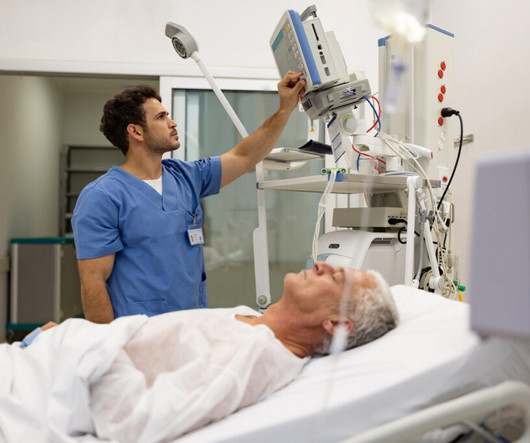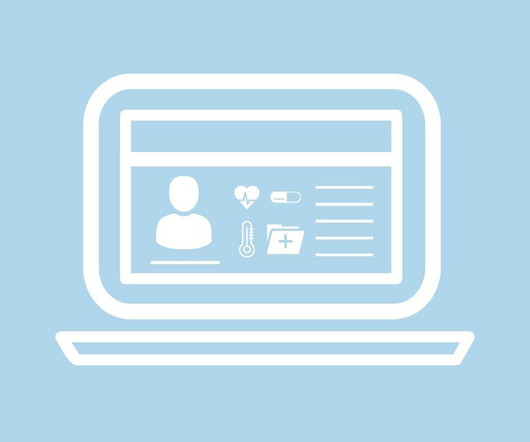Healthcare Administrator versus Medical Administrative Assistant
Northwest Career College
MAY 17, 2025
H ealthcare administrators make high-level decisions on how the facility should be run, including budget management, policy, and overall strategy. Conversely, the m edical Administrative Assistant oversees the smooth running of daily operations by scheduling appointments, managing patient records, and handling administrative tasks.














Let's personalize your content